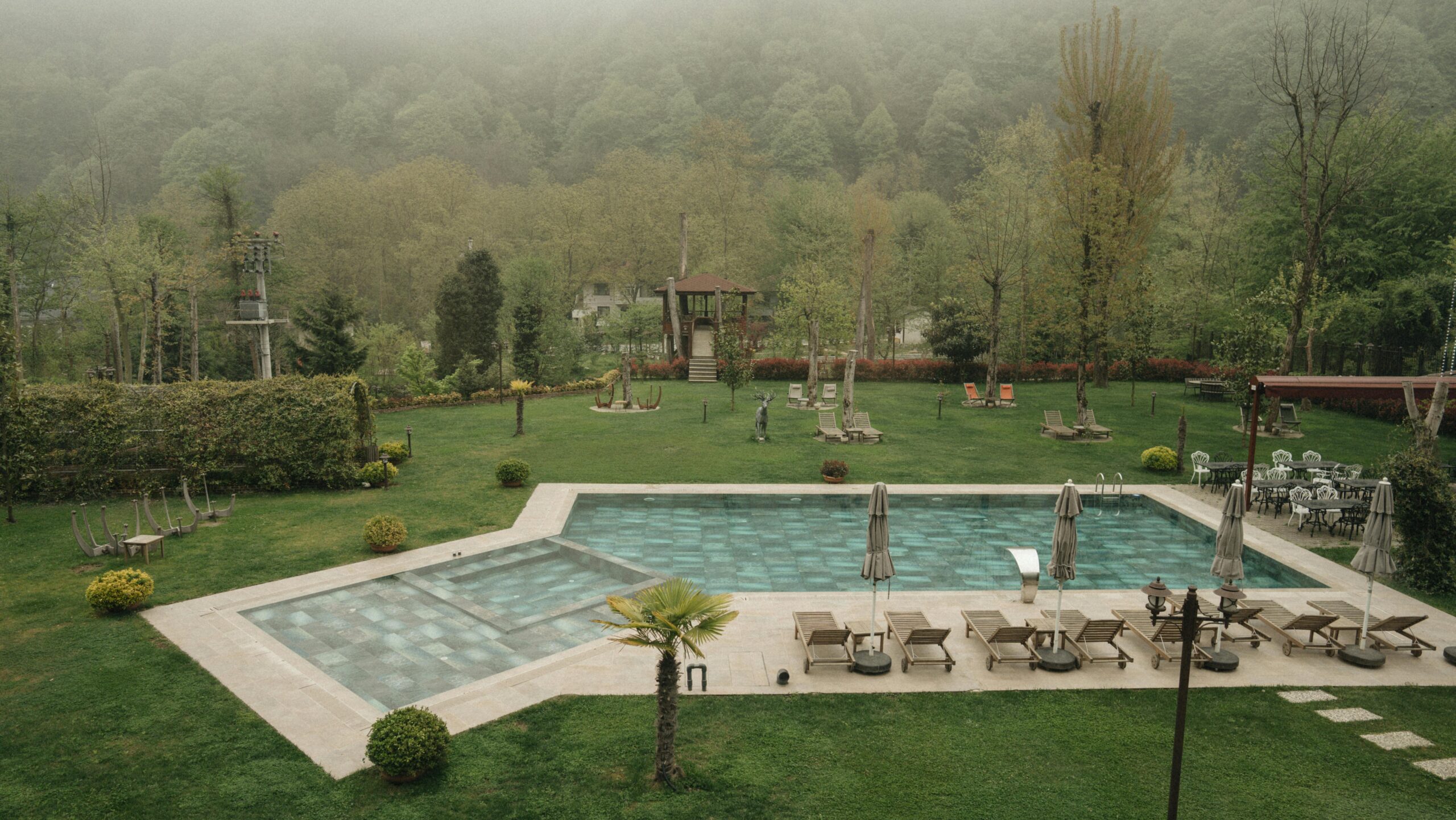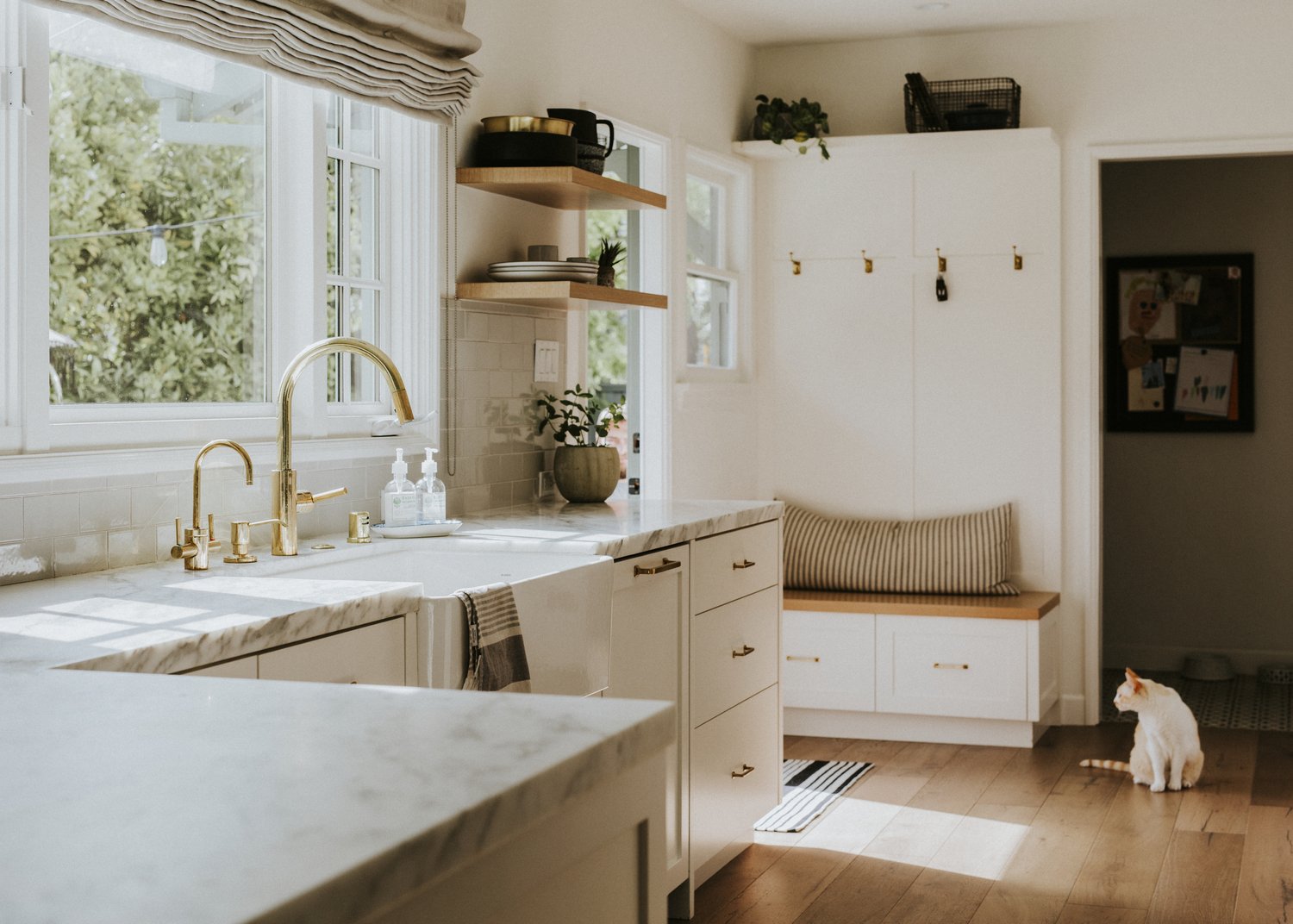Imagine taking a refreshing dip in crystal-clear water without the burning eyes, chemical smell, or skin irritation often associated with traditional swimming pools. Natural swimming pools offer a chemical-free pool system option that relies on biological filtration instead of harsh chemicals to maintain water quality. These eco-friendly alternatives blend seamlessly with landscapes, creating swimming areas that look and function more like natural ponds while providing all the recreational benefits of conventional pools. This article will explore the concept, design considerations, advantages, disadvantages, and costs of building a natural pond pool.
What Are Natural Swimming Pools?
Natural swimming pools, also known as swimming ponds, originated in Europe in the 1980s but have gained popularity worldwide as environmental consciousness has grown. Unlike conventional pools that rely on chlorine, bromine, or other chemicals to kill bacteria and prevent algae growth, natural swimming pools use plants and microorganisms to filter and purify the water. The core concept involves creating a balanced ecosystem where beneficial bacteria and aquatic plants filter out contaminants and nutrients that would otherwise feed algae.
A typical natural swimming pool design includes a swimming area and a regeneration zone (also called the biological filter). The swimming area is where you enjoy the water, while the regeneration zone contains carefully selected aquatic plants rooted in gravel or specialized substrates that filter the water. Water circulates between these zones through pumps or natural movement, ensuring continuous filtration. The plants absorb nutrients from the water, starving algae of their food source, while beneficial microorganisms help break down organic matter.
Pros of Natural Swimming Pools
The most compelling advantage of a chemical-free pool system is the absence of harsh chemicals. Swimming in natural pools means no more red eyes, bleached swimsuits, or dry, itchy skin. The water feels soft and pleasant against the skin, providing a swimming experience many describe as far superior to conventional pools.
Environmental benefits represent another significant advantage. Natural swimming pools create habitats for beneficial insects, amphibians, and birds, enhancing local biodiversity. They require no chemicals that might harm the environment or leach into groundwater. Additionally, they typically need less water over time than conventional pools because they don’t require draining and refilling due to chemical buildup.
Aesthetically, natural swimming pools offer unparalleled beauty. They integrate with the landscape as water gardens when not used for swimming, providing year-round visual interest. Many homeowners find that a natural pond pool becomes the centerpiece of their outdoor living space, adding value to their property beyond just a recreational feature. As AskHomey surveys have shown, homes with thoughtfully designed outdoor water features often command higher resale values.
Cons of Natural Swimming Pools
Despite their many advantages, natural swimming pools aren’t without drawbacks. They generally require more space than conventional pools because the regeneration zone typically needs to be about equal size to the swimming area. This spatial requirement can make them challenging for smaller properties.
Natural swimming pools also demand patience. Unlike chemically treated pools that can be ready for swimming immediately after filling, natural pools need time to establish biological balance, usually a few weeks to a few months. During this establishment period, the water might appear cloudy or develop algae until the ecosystem stabilizes.
Maintenance represents another consideration. While natural pools eliminate the need for chemical monitoring and addition, they require different types of upkeep, including plant trimming, occasional sediment removal, and system checks. Some owners find this type of maintenance more rewarding but potentially more time-consuming than simply adding chemicals to a conventional pool.
Cost Considerations
The cost to build a natural pond pool varies widely depending on design complexity, size, location, and whether you opt for professional installation or a DIY approach. Generally, the professional installation of a natural swimming pool costs between $50,000 and $100,000, comparable to high-end conventional pools.
While initial construction costs may be similar or slightly higher than conventional pools, natural swimming pools often prove more economical over time. The absence of chemical purchases represents significant long-term savings. Additionally, properly designed natural pools require less equipment replacement, as they don’t suffer from chemical corrosion of pumps and filters.
For budget-conscious homeowners interested in natural swimming pool design, DIY approaches can achieve cost savings. Some companies offer consultation services and materials kits that allow ambitious homeowners to build their own natural pools for considerably less than professional installation. However, this approach requires substantial research, physical labor, and technical understanding of water flow and filtration principles.
Is a Natural Swimming Pool Right for You?
Deciding whether to build a natural pond pool involves considering your available space, budget, timeline, aesthetic preferences, and willingness to work with a living system rather than a chemically controlled one. Natural swimming pools reward patience and ecological mindfulness with an incomparable swimming experience and environmental benefits.
Natural swimming pools offer a compelling alternative to conventional pools for those with adequate space who value chemical-free living and appreciate the beauty of integrated water features. They transform swimming from a purely recreational activity into an experience that connects users more deeply with natural processes while providing all the refreshment and exercise benefits of traditional pools.
For more tips and to connect with reliable home service professionals, follow AskHomey on Facebook and Instagram.



